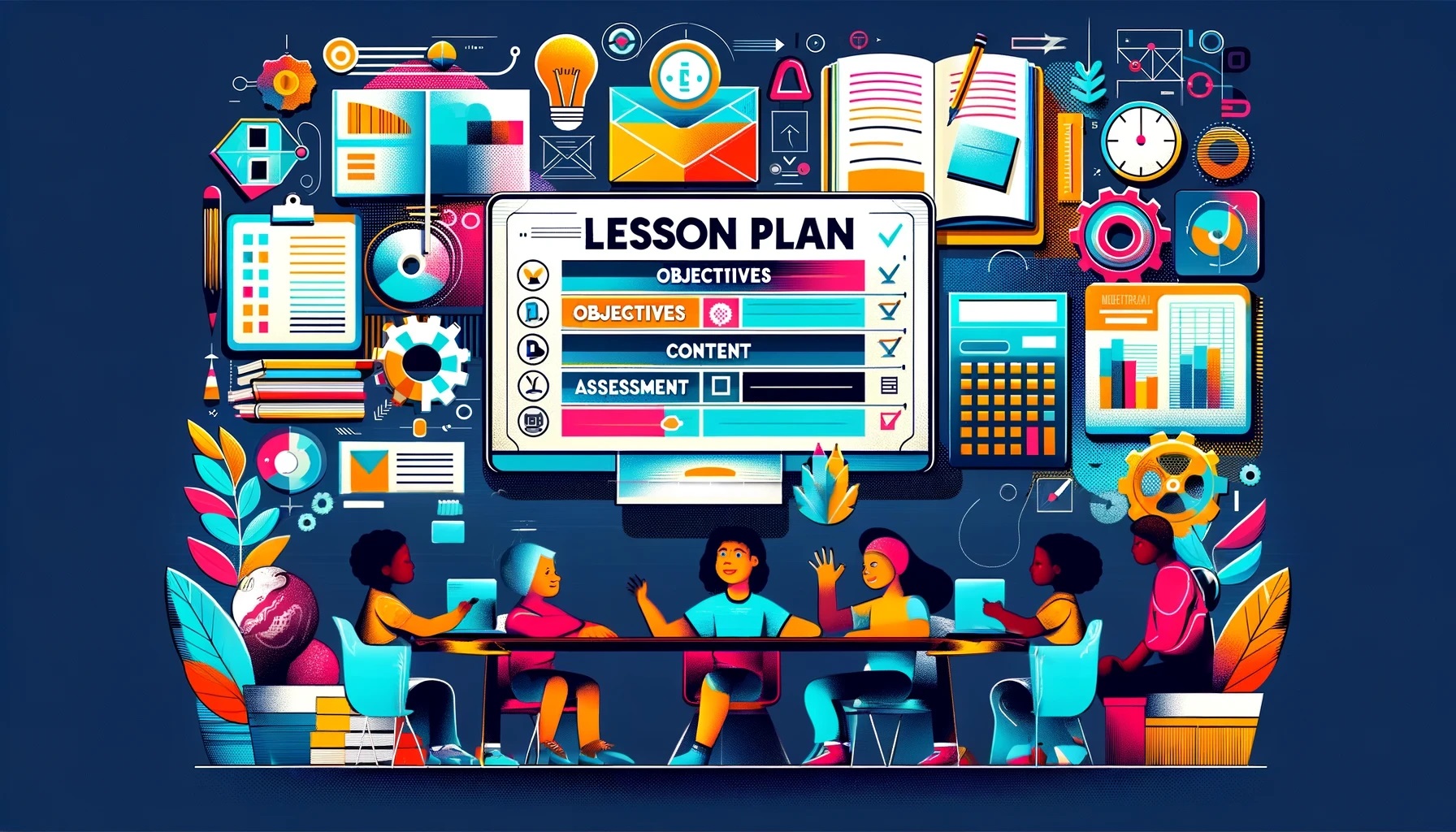In today's digital age, it's more important than ever to teach children how to think critically. Critical thinking involves the ability to analyze and evaluate information, make logical connections, and draw conclusions based on evidence. By developing these skills, children can become better equipped to navigate the complex and ever-changing world around them.
One important aspect of critical thinking is fact-checking. Fact-checking involves verifying the accuracy of information by checking multiple sources and evaluating the credibility of those sources. This is an essential skill for children to learn, as it can help them avoid spreading misinformation and making decisions based on false or misleading information.
Fact-checking is especially important in today's world, where information is readily available and can spread quickly through social media and other online platforms. Children are exposed to a wide range of information, from news articles to social media posts, and it can be difficult to determine what is accurate and what is not. By teaching children how to fact-check, we can help them become more discerning consumers of information and avoid falling prey to misinformation or propaganda.
One way to teach children how to fact-check is to start by discussing the importance of verifying information. Explain to them that not everything they read or hear is true, and that it's important to check the facts before accepting something as true. Emphasize that there are different sources of information, and that some sources are more reliable than others.
Once children understand the importance of fact-checking, you can begin to teach them some specific strategies for verifying information. One effective strategy is to encourage them to check multiple sources. For example, if they read an article on a particular topic, encourage them to look for other articles on the same topic to see if they provide the same information. This can help children develop their research skills and avoid basing their beliefs on a single source.
Another important strategy is to teach children how to evaluate the credibility of sources. Explain to them that some sources are more trustworthy than others, and that they should look for sources that are reputable and have a history of providing accurate information. For example, a news organization with a track record of reliable reporting is likely to be more credible than a website with no established reputation.
A real-world example of fact-checking for children in grade 3 might involve a claim they come across that seems too good to be true. For example, they might see a post on social media that claims that eating a certain food will make them super strong or help them fly. Ask them how they can verify this information, and guide them through the process of checking multiple sources and evaluating the credibility of those sources.
For example, they could start by searching for information on the food in question and seeing if there are any scientific studies or reputable sources that confirm or contradict the claim. They could also look for information on the person or organization that made the claim, and see if they have a history of sharing accurate information. By working through this process, children can learn how to fact-check information and make more informed decisions based on the evidence.
In conclusion, teaching children how to think critically and fact-check information is essential in today's world. By developing these skills, children can become more discerning consumers of information, avoid falling prey to misinformation, and make more informed decisions based on evidence. Fact-checking is just one example of a critical thinking skill that children can develop, but it is an important one that can have a significant impact on their lives.




